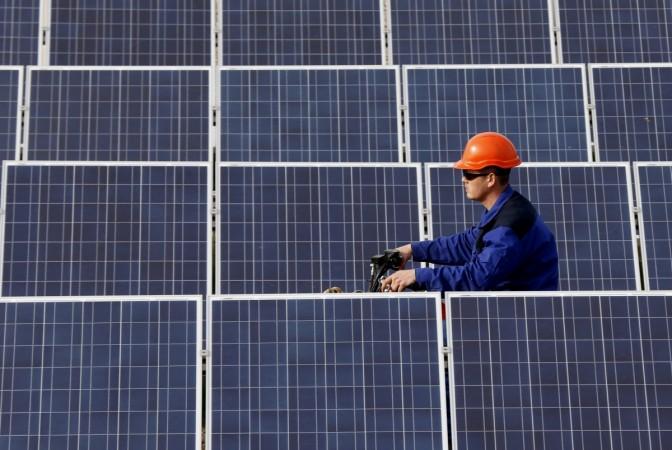
A special team from the US underlined the importance of setting up power agreement with India, with special emphasis on keeping the environment clean, and ensuring that it would not affect climate change.
The team conveyed this message to the Indian Power Ministry, while holding a meeting with them. This meeting was also attended by Power Minister of India Piyush Goyal along with a number of officials from the ministry.
Apart from this, US special envoy on climate change, Todd Stern, also led the team to a meeting with Environment, Forests and Climate Change Minister Prakash Javadekar, in an attempt to link the possible power deals with India, to environmental issues.
The US envoy asked the Power Ministry to make arrangements for better investment plans, while keeping an eye on the environment in India.
The Ministry, in return, said that though they would like to make ways for greener power projects in the country, they would still like to stick to the UN convention, according to the Economic Times. This convention protects the interest of the developing nations, who find it difficult to make the shift to greener industries.
There have been disputes between the two nations on this issue, as India has imposed a few restrictions on the import of solar power equipments. Due to this, the US had previously taken the issue to the World Trade Organisation (WTO), to settle this dispute. However, it seems that the US is now willing to enter into new negotiations, while the WTO tries to settle the dispute.
The team from the US also said they want to enter the deals with India on this regard, keeping one eye on the UN Global Agreement on Climate Change, which is set to take place next year. A number of high-profile meetings have been scheduled, for later this year, to hammer out a deal.
This move, however, comes just a day after the Joint Institute for Nuclear Research (JINR) agreed to help India set up 22 new Nuclear Power Plants, and also to help the Indian Universities improve their own research centres across the country.
This sudden drive by the US to help India set up energy-efficient and eco-friendly power resources could also be interpreted as a political wrangle with Russia, and to gain some muscle in the Indian subcontinent.
However, with the Indian Power Ministry is reluctant to disobey the UN convention, which relaxes the rules regarding eco-friendly power production in "developing countries," it seems difficult for India to look up to the sun as its source for energy.
















